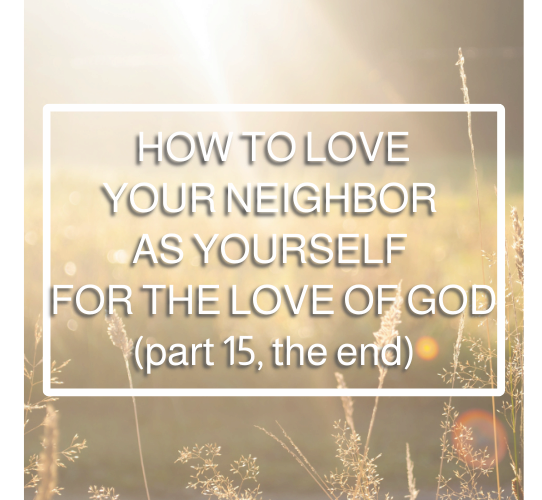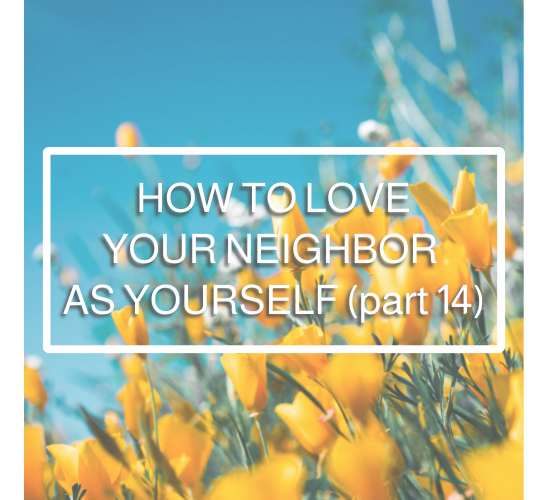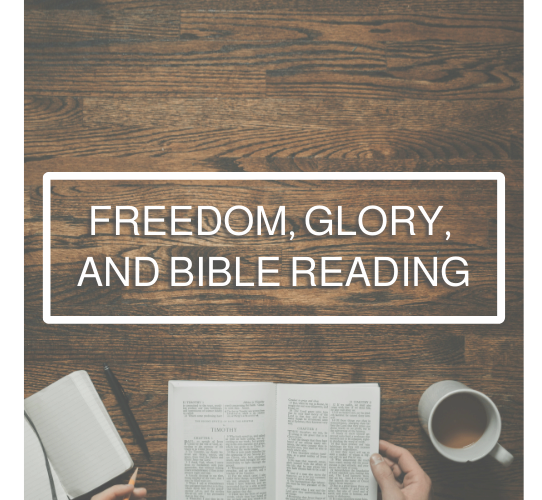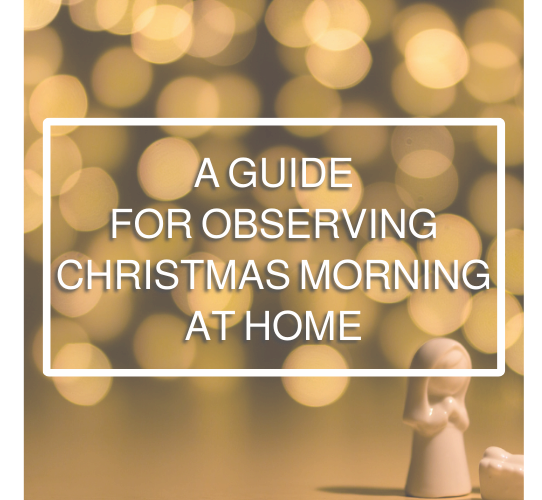Marching to Zion Finale: Good Shoes and Good Friends
Read time: 3m 20s
Our journey of devotionals through Deuteronomy 1-2 is coming to a close.
Why did we slow down and study this out? Because there is a correlation between Israel entering the Promised Land and the Christian today entering the Kingdom of Christ, the “land” of God’s promises fulfilled in Christ and given freely to us. As Israel did then in one way, we do in a different way now. At each point of their journey we can say, “Now these things happened to them as an example, but they were written down for our instruction.” (1Cor 10:11) Their temptations mirror ours; their fears, and the source of their fears, help us visualize our fears; the encouragement God gave them through Moses is the same kind of encouragement we need today. In nearly every part of their story, there is instruction for us, lessons designed to help us trust Jesus more.
What did we learn?
- In Deuteronomy 1:7-8 we learned that we yet need to “turn and take the journey…Go in and take possession of the land.” God’s blessings are a gift. And, 1:8, we must possess it. We must take it. I wonder, are we moving deeper into the blessings God has given us in Jesus? Or are we still in the shallows, still easy to tip over, still nibbling on manna while the hills drip with honey?
- In Deuteronomy 1:11-13 we learned that we need to prepare the Kingdom’s apparatus. We’re not alone. Our individual resources are not all we have; it’s not just “me’n’Jesus.” We need friends, yes, and also structures and systems. How else could we, as sinners, come to appreciate grace in this world? Without discipline? Without plans? Without help? I wonder, are we still laboring in our Christian life under the naïve assumption that we don’t need help? Or that others don’t need our help?
- In Deuteronomy 1:30-31 we learned to believe Theology more than fear. Who is God? Who is He to you? What has He done? I wonder, are our thoughts and actions, even our inactions, more shaped by the Bible’s answers to these questions, or by the world’s? Does Jesus have a louder voice in our lives than does fear and dread?
- In Deuteronomy 1:41-46 we learned that being religious is not the same as enjoying the Gospel. In fact, religion is rebellion, not obedience. I wonder, do we think that God is pleased by our performance, by our list-checking, by our sweat-equity? Do we confusion purity and sacrifice with what God actually wants from us: to delight in the work of Jesus and the givenness of Him for us?
- In Deuteronomy 2:1-23 we learned to think more carefully about who our enemies are. Too much of Christian-culture is watch-dog, critical, judgmental, Pharisaical, and... useless. We do have enemies, but that’s not everyone. So let’s keep our enemies hopping and our friends safe. I wonder, are we good at loving our friends? Are we good at chasing our enemies? Are we good at telling the difference?
- In Deuteronomy 2:24-25 we learned who has got the power. Who? Jesus! So we do too, in Him. Let the other guys be full of dread and fear. Let’s you and me be full of love and joy. I wonder, do we think about each day with a sense of dread and worry, or with a sense of hope and calm? Do we live in a land flowing with Milk and Honey, or rolling with tumbleweeds?
These are some of the lessons that I’ll take away from this series.
The Grace of God is a big, big land, my friends. High mountains, wide sunsets, rich soil: it’s a good place. There are certainly obstacles, both within me and out there. But that’s okay.
“Better good shoes / on a long walk than a good friend.” –William Stafford
I have the grace of God to help me discover the grace of God: “grace upon grace.” That’s good shoes. And I have you. And you have me. That’s good friends.
On a long walk, better good shoes and good friends. Check.
So then…
Photo by Dino Reichmuth on Unsplash











